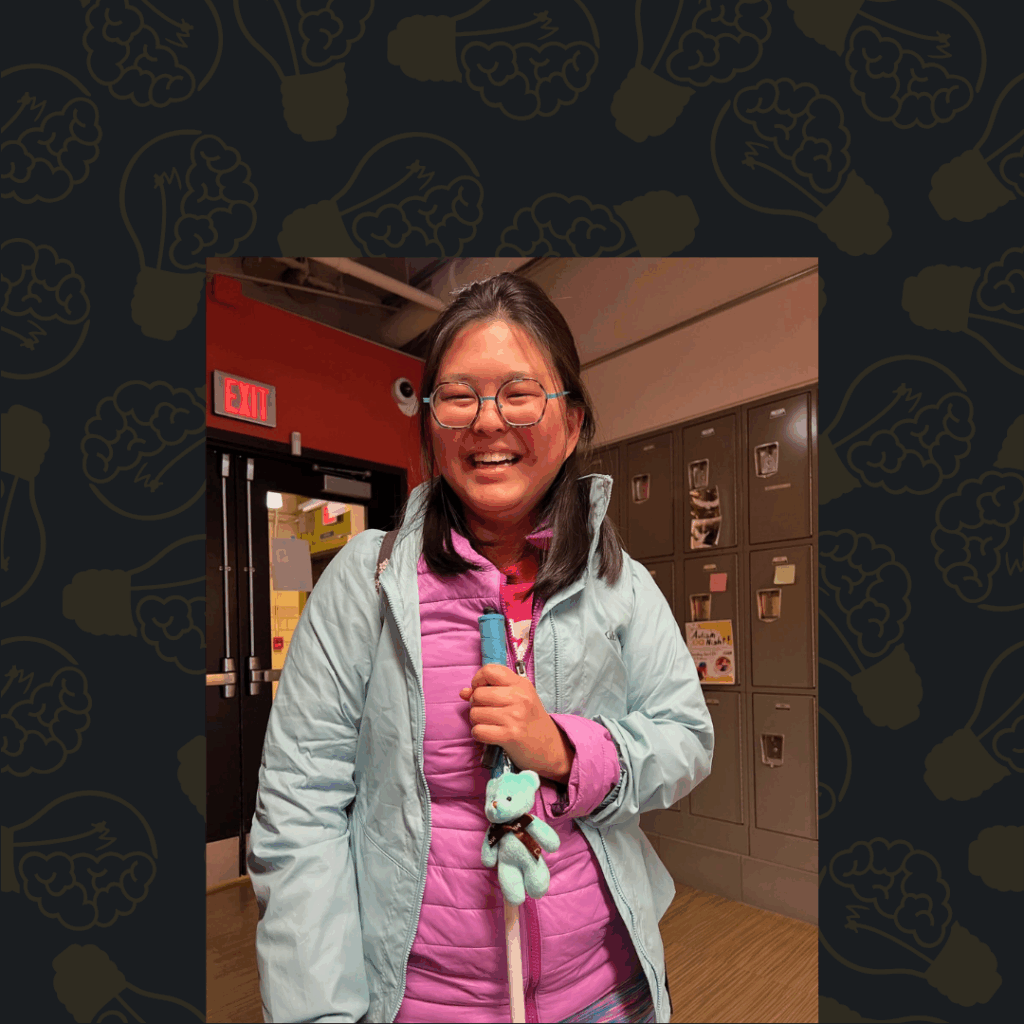Hello. My name is Daniel Jenkins. I was born 31 years ago with stage five retinopathy of prematurity. As a result of my ROP, I have been blind all of my life. I attended Roanoke City public schools for the entirety of my secondary education. I then attended Radford University where I received a bachelor of Science Degree in music in 2008. In 2012, I received a Master of Arts Degree in Music from Radford University. In this post, I wanted to offer advice to blind students who will be attending college.
First, I would like to stress the importance of good communication between the blind student, sighted instructor, and the staff who work at the college’s disability resource office. When students enter college, their parents will not be there checking on them all of the time. It is important for the blind student to ensure that communication between the disability resource office and the instructor of his or her class is strong. If an assignment has not been prepared in an accessible format, the blind student must let the instructor and the disability resource office know. The staff at the disability resource office must be willing to provide all of the student’s materials in an accessible format. I also want to let blind college students know that the workload in college is completely different from what it was in high school. There are no worksheets where you copy information from a textbook. Instead, the student may have a test once a month to assess how well the information has been learned. It is up to the student to study and complete all of the assignments independently.
The second point I wanted to address has to do with the use of assistive technology. Blind college students will need to bring their talking computer, personal notetaker, and any other assistive devices with them to college. It may take a blind college student more time to complete an assignment because he or she is also learning how to use the computer while attending class. Blind college students should not rely completely on their local department for the blind and vision impaired organizations to provide training in assistive technology. Six years ago, I bought my own computer and taught myself how to use it.
I would like to conclude this post with some general advice to blind college students that was not mentioned earlier. Enjoy your time meeting new people and living in the dorm or on-campus apartment. Do not be afraid to ask for help when ordering food at the college’s cafeteria or crossing the street. Work hard and study hard. But most importantly, have fun and enjoy your college years. They’ll be gone before you know it. I would like to thank each and every one of you for taking the time to read this post. I hope that it will inspire blind college students all over the world to go to college and enjoy the time they spend there.



